The life science consultancy industry has been experiencing significant growth in recent years, driven by various factors such as advances in life sciences, healthcare, and biotechnology, as well as the increasing complexity of regulations and market dynamics.
Life science consultancy firms provide a wide range of services to pharmaceutical, biotechnology, medical device, and healthcare companies, helping them navigate the complex and highly regulated environment of the life sciences sector. Here are some key aspects of the growing industry of life science consultancy:
Regulatory Expertise:
Regulatory expertise plays a crucial role in the growth of life science consultancy firms. Life science consultancy firms provide services to pharmaceutical, biotechnology, medical device, and other healthcare companies to navigate complex regulatory environments, bring products to market, and ensure compliance with various regulations and quality standards.
Regulatory experts assist life science companies in understanding and adhering to the regulations and requirements for product approval and market entry. They help clients prepare regulatory submissions, navigate approval processes, and reduce time-to-market, which can be a significant competitive advantage.
Market Access and Commercialization:
Life science consultancy firms often offer market access services to pharmaceutical, biotechnology, and medical device companies. These services help companies navigate the complex landscape of healthcare markets. They provide strategies to ensure that a product or service can reach its intended patient population. Market access services may involve conducting reimbursement assessments, understanding payer landscapes, and helping companies obtain regulatory approvals.
Life science consultancy firms help companies develop effective commercialization strategies for their products. This includes identifying target markets, pricing strategies, distribution channels, and marketing plans. Consultants provide insights into the competitive landscape, market trends, and regulatory requirements, enabling companies to make informed decisions and optimize their market entry.
Quality Assurance and Compliance:
Life science consultancy firms specialize in staying up-to-date with evolving regulations, guidelines, and standards in the industry. They provide clients with expert guidance on compliance with regulatory agencies like the FDA, EMA, and others. This expertise is invaluable to life science companies seeking market approval and maintaining it. They also help life science companies identify, assess, and mitigate risks related to product quality and regulatory compliance. By preventing non-compliance issues, they help clients avoid costly regulatory actions, fines, and reputational damage.
Technology and Innovation:
The life sciences generate vast amounts of data, from clinical trials to genetic sequencing. Technology has enabled the storage, processing, and analysis of this data, which is crucial for drug development, patient outcomes, and regulatory compliance. Life science consultants use advanced data analytics and big data tools to derive valuable insights and make informed decisions. AI and machine learning have revolutionized drug discovery, clinical trial design, and patient care. Life science consultants leverage AI algorithms to predict disease outcomes, identify potential drug candidates, and optimize clinical trial protocols. AI-driven tools also help in monitoring patient health and ensuring regulatory compliance.
Training and Education:
The life sciences industry is constantly evolving, with new technologies and discoveries emerging regularly. Consultants must keep up with these changes to offer relevant and up-to-date advice to their clients. Continuous education and training programs help consultants stay current with the latest developments. This is important because education and training programs provide individuals with the foundation they need to specialize in areas such as clinical trials, regulatory affairs, quality assurance, or market analysis.
In conclusion, The life science consultancy industry is expected to continue growing as the life sciences sector becomes increasingly complex and global. Companies in this industry will rely on consultancy firms to navigate regulatory challenges, optimize their operations, and seize opportunities for growth and innovation. Additionally, the ongoing development of new drugs, therapies, and medical technologies ensures a steady demand for consulting services in the life science sector.
Mantell Associates is a specialist Pharmaceutical and Life Sciences headhunting firm. To find out how we can assist with your business requirements, get in touch with Fernand Desjarlais +44 2038 547700 or fernand.desjarlais@mantellassociates.com.
Source:
-
McKinsey & Company Life Sciences: https://www.mckinsey.com/industries/life-sciences/how-we-help-clients
-
Deloitte Life Sciences:https://www2.deloitte.com/uk/en/industries/life-sciences-and-healthcare.html
-
PwC Life Sciences:https://www.pwc.co.uk/industries/pharmaceuticals-life-sciences.html
-
PubMed: https://pubmed.ncbi.nlm.nih.gov/
-
EMA: https://www.ema.europa.eu/en

